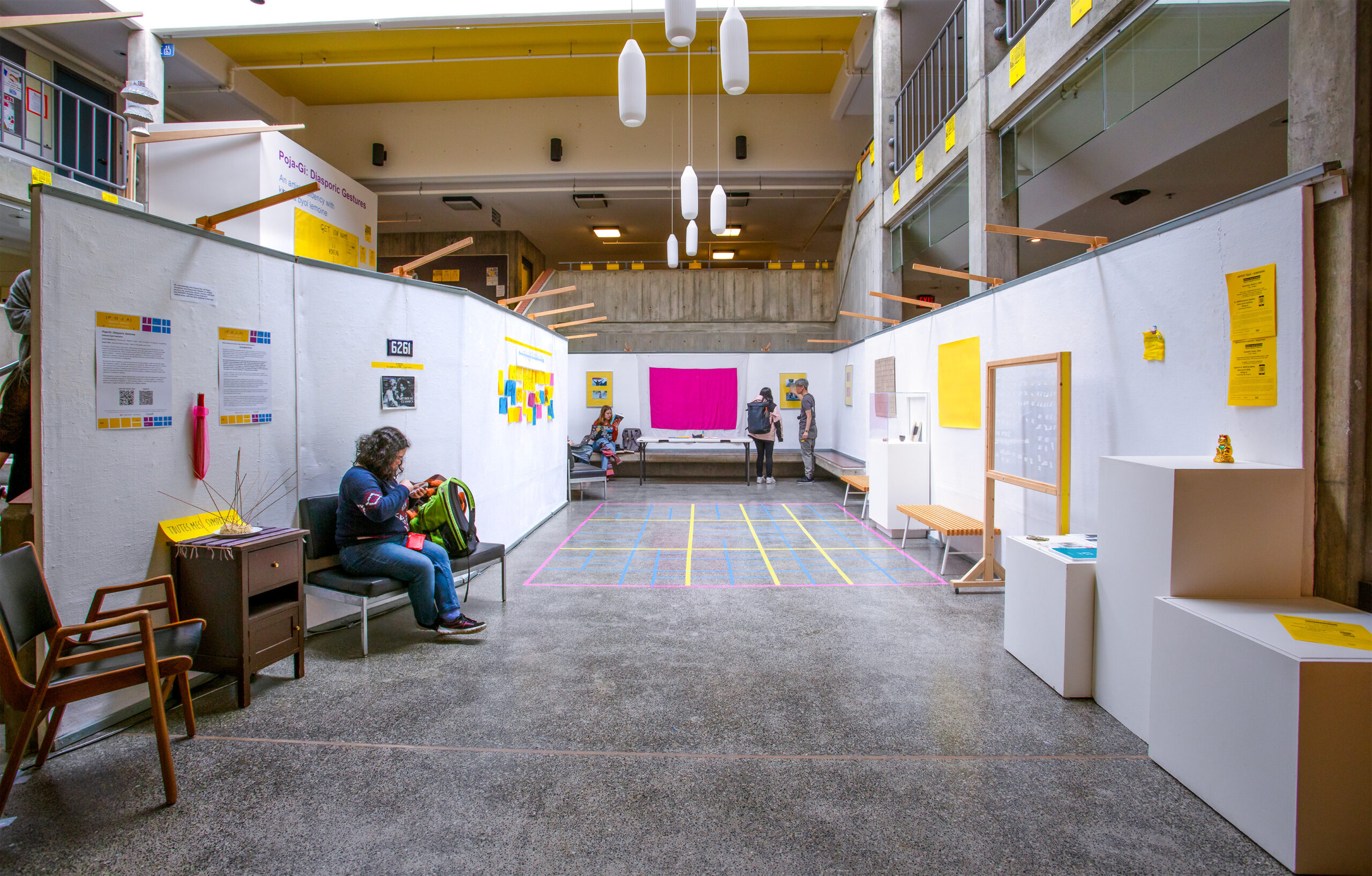The Government of Canada’s 2019–2022 Anti-Racism Strategy calls for urgent and radical societal changes to expose, resist, and transform racist and oppressive practices, disrupting systems of nationhood built on colonialism, white supremacy, and heteropatriarchy. This comes at a time when neighbourhoods and universities have seen increased discrimination, oppression, and violence toward racialized individuals, immigrants, refugees, 2SLGBTQIA+ communities, people with disabilities, and women, which has been magnified by the COVID19 pandemic. The proposed research will investigate how racialized artists, art educators, and diverse students can collectively utilize a university art gallery as a dynamic site for learning about, researching, and practicing anti-racism and anti-oppression. It will draw on the power and potential of art and art education to stimulate empathic responses, critical consciousness, radical imagination, and social transformation.
There is a need for research that examines how the practices of contemporary artists who work with anti-oppressive and anti-racist lenses can be applied to gallery education, art education, and diverse disciplines in Canadian universities. Through an anti-racism and anti-oppressionfocused artist-in-residence program, this research aims to test new strategies, grounded in contemporary artistic practices and gallery-based education, for promoting anti-racism, anti-oppression, and transformative action on university campuses. This will lead to innovative approaches for developing learning materials and resources that promote social and cultural attitudes and behaviours that actively counter racism and oppression. The project will promote intercultural dialogues about anti-racism and anti-oppression through and with art, reducing societal barriers in arts and culture, and contributing to a new public narrative.
University galleries can be considered public pedagogical sites offering unique learning opportunities that move beyond the curricular and administrative constraints found in formal schooling. As such, they have the potential to support and amplify dialogues and actions related to social justice concerns. At the centre of this project are three anti-racism and anti-oppression-focused artist residencies in a gallery at the University of Victoria. Artists-in-residence are professional artists invited to share their specific skills and knowledge within the premises of an institution for a set period. The artists-in-residence will be racialized artists who work with antiracist and anti-oppressive approaches in their art practices. With each 7-day residency, the artists will engage university students and educators, along with diverse members of the off-campus community, in participatory art making and dialogues about anti-racism and anti-oppression.
The research team brings a wealth of knowledge and experience in art education, museum and gallery-based research with contemporary artists, civic pedagogy, artist residencies, and social justice and Indigenous education. Along with three research assistants, they will study the visual, textual, and oral narratives of artists’ and participants’ experiences with the residencies. It is anticipated that findings will be of use and interest to university art educators, social justice educators, preservice teachers, and gallery and museum educators. Research will be shared with these communities through a website, an e-catalogue, and various publications and presentations. The project will lead to practical tools for university art galleries and university instructors to work with artistic approaches to anti-racist and anti-oppressive education, grounded in equity, decolonization, inclusivity, and transformative action.

